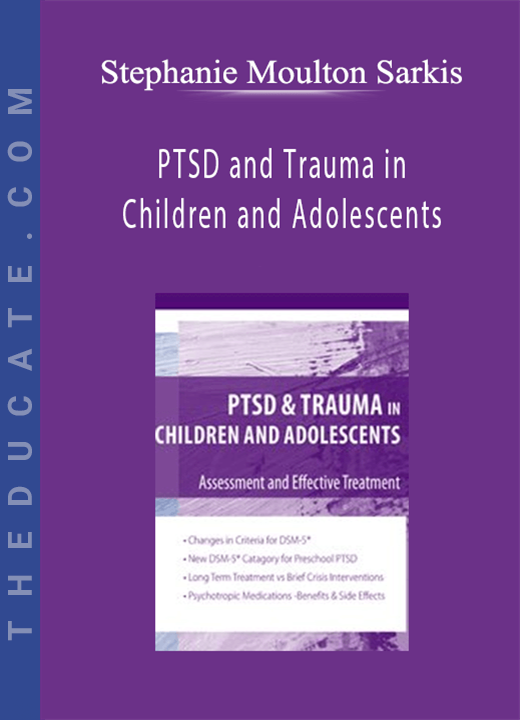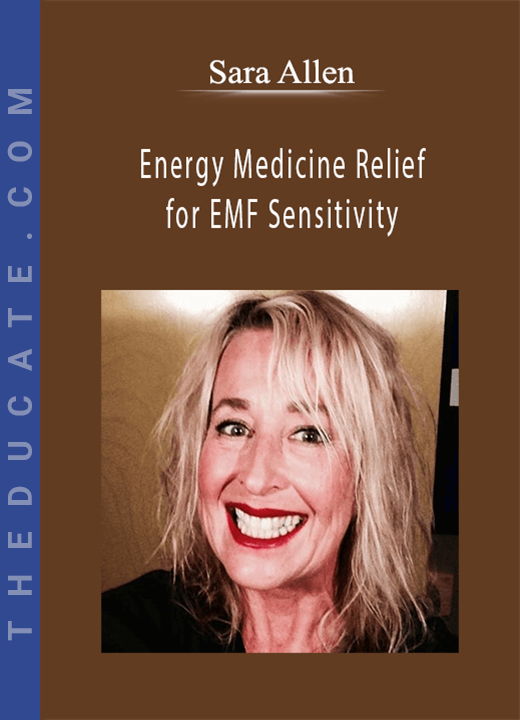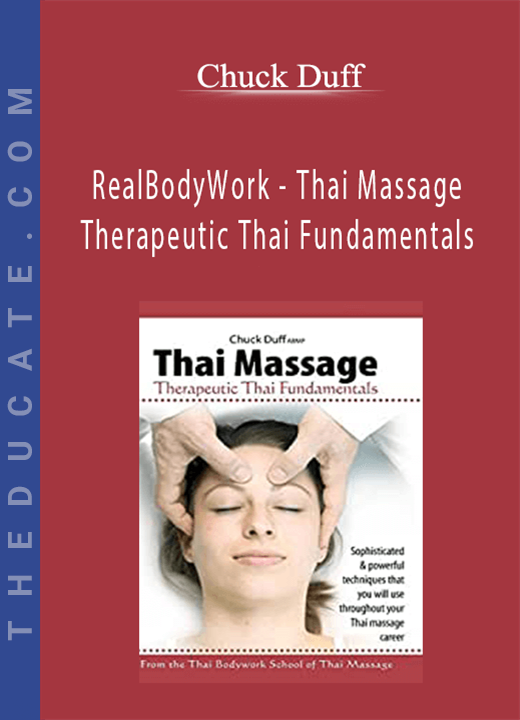Description

PTSD and Trauma in Children and Adolescents – Stephanie Moulton Sarkis
- Changes in Criteria for DSM-5®
- New DSM-5® Category for Preschool PTSD
- Long Term Treatment vs Brief Crisis Interventions
- Psychotropic Medications -Benefits & Side Effects
Childhood presentations of post-traumatic stress disorder (PTSD) can be difficult to identify and treat. Watch this seminar and learn cutting-edge strategies for children who present in your practice with symptoms of PTSD. You will learn interventions for both immediate post-trauma and long-term treatment. In the new DSM-5®, there is a new feature in the diagnosis of PTSD – a preschool subtype for children ages six and younger. You will learn the new criteria as this change will impact how you diagnose and treat children with PTSD.
Discover why some children develop PTSD symptoms, while others do not – even after being exposed to the same traumatic event. You will learn what psychotropic medications are prescribed for PTSD in the pediatric population, along with benefits and side effects. Find out what you can do as a clinician to reduce your client’s symptoms and protect your client from future recurrences of PTSD.
- Summarize major differences between childhood PTSD and adult PTSD.
- Discuss the new DSM-5® PTSD pre-school subtype and developmental changes in the diagnosis of PTSD
- Identify treatments for PTSD in children, including specific cognitive-behavioral and play therapy interventions.
- Discuss the benefits of long-term treatment versus brief crisis interventions for pediatric PTSD.
- Identify psychotropic medications prescribed for pediatric PTSD.
- Relate the future directions of research on pediatric PTSD.
Developmental Course of PTSD
- Children
- Changes in criteria for DSM-5® (2013)
- Influence of PTSD
- ADHD, depression, and anxiety’s
- Adults
- Changes in expression of symptoms
PTSD & Trauma in Children – Case Studies
- Columbine High School shootings (1999)
- Indian Ocean tsunami (2004)
- Hurricane Katrina (2005)
- China flooding (2010)
- Japan tsunami (2011)
- Exposure to community violence
- Children with a history of abuse
- Sexual abuse
- Physical abuse
- Witnesses to domestic violence
DSM-5® (2013) – PTSD Pre-school Subtype
- New subcategory for PTSD
- Children younger than 6 years old
- Symptom clusters
- Minimum symptom requirements
- Witnessing parent trauma
- Application to bullying and domestic violence
On-site Trauma Treatment for Pediatric PTSD
- Crisis therapy treatments
- Critical Incident Stress Debriefing (CISD)
- Psychological First Aid (PFA)
- Debriefing
- Psychoeducation for parents
Clinical Treatments for Pediatric PTSD & Trauma
- Cognitive Behavioral Therapy (CBT)
-
- Cognitive restructuring
- Desensitization
- Imaginal exposure
- Rehearsal of traumatic experience
-
- Play therapy
- Relationship-based
- Storytelling
- Reenactment
- Puppetry
- Sandtray play
- Filial play therapy
- Sports/games therapy
- Art therapy
- Formal Elements of Art Therapy Scale
- Chapman Art Therapy Treatment Intervention
- Trauma-Informed for sexual abuse
- Group therapy
- Multi-Modality Trauma Treatment
- CBT
- School-based psychosocial treatment
- Brief trauma/grief-focused psychotherapy
- Multi-Modality Trauma Treatment
- Parental/caregiver participation
- Social support
- Stable home environment
- Medications
- Antidepressants
- Anxiolytics
Future research on PTSD & Trauma in children
- Genetic links and markers predisposing children to PTSD
- School violence and development of PTSD







12 reviews for PTSD and Trauma in Children and Adolescents: Assessment and Effective Treatment – Stephanie Moulton Sarkis
There are no reviews yet.